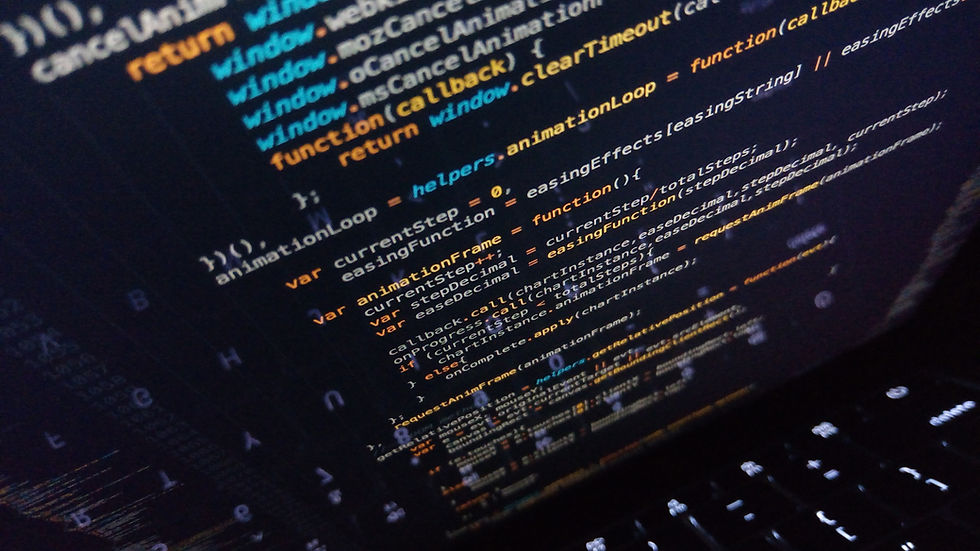Why Students Still Need to Learn to Code in the Age of Artificial Intelligence
- STEAM Powered Kids
- Aug 5, 2025
- 2 min read
Artificial intelligence is transforming our world and our classrooms. Tools like GitHub Copilot and Replit Ghostwriter can now write computer code from natural language prompts. Some people wonder: if AI can code, why should children still learn it?
The truth is that coding remains one of the most valuable skills a child can learn. It builds creativity, problem-solving abilities, and the digital literacy needed to thrive in a world increasingly run by intelligent machines. Here are five powerful reasons why coding should remain at the heart of education in the AI era.
1. AI Cannot Replace Skilled Human Programmers
While AI can generate code, it cannot match human creativity, ethical judgment, or the ability to solve messy real-world problems. Programming is not just typing lines of code; it is designing solutions, understanding systems, and ensuring they are safe, efficient, and inclusive.
Without strong coding foundations, children will not have the skills to evaluate or improve AI-generated code. Skilled human programmers will remain vital for innovation and quality in every industry.

2. Coding Builds Essential Problem-Solving Skills
Learning to code is the best way for young people to develop computational thinking — the ability to break down problems and think logically.
Just as writing stories strengthens literacy, writing code builds the mental models needed for programming. AI can produce results instantly, but it is through hands-on coding that children truly learn how technology works and how to solve problems creatively.
3. Coding Creates More Career Opportunities in the AI Age
Technological change rarely removes jobs — it transforms them. AI will not make coding obsolete; it will expand its use across industries.
Future careers in healthcare, agriculture, engineering, and the creative arts will increasingly require coding skills. By combining programming with subject expertise, young people will be able to take advantage of entirely new career paths that do not even exist yet.

4. Coding is the New Digital Literacy
Reading and writing open the door to knowledge. Coding opens the door to creating with technology. Instead of just consuming apps, games, and websites, children can build their own.
This digital literacy also helps them question, challenge, and improve the technology around them. In a world driven by algorithms, children who understand code have greater control over their digital lives.

5. Those Who Code Will Shape the Future
If only a small group of people knows how to code, they will have disproportionate influence over the technologies that shape our society.
Teaching all children to code ensures that innovation is inclusive, ethical, and reflects diverse perspectives. This diversity is essential for building technology that serves everyone, not just a select few.
Moving Forward
Instead of reducing coding education because of AI, we should be expanding it. Schools, communities, and policymakers must:
Offer a strong computer science curriculum that includes AI while keeping coding central.
Provide hands-on, creative coding opportunities for all children.
Invest in teacher training and resources to support high-quality coding lessons.
Make coding accessible to every child, regardless of background or location.
The Raspberry Pi Foundation emphasises that coding is not just about jobs — it is about giving young people the tools to shape the digital world they will live in. In the age of AI, that mission is more critical than ever.
.png)



Comments